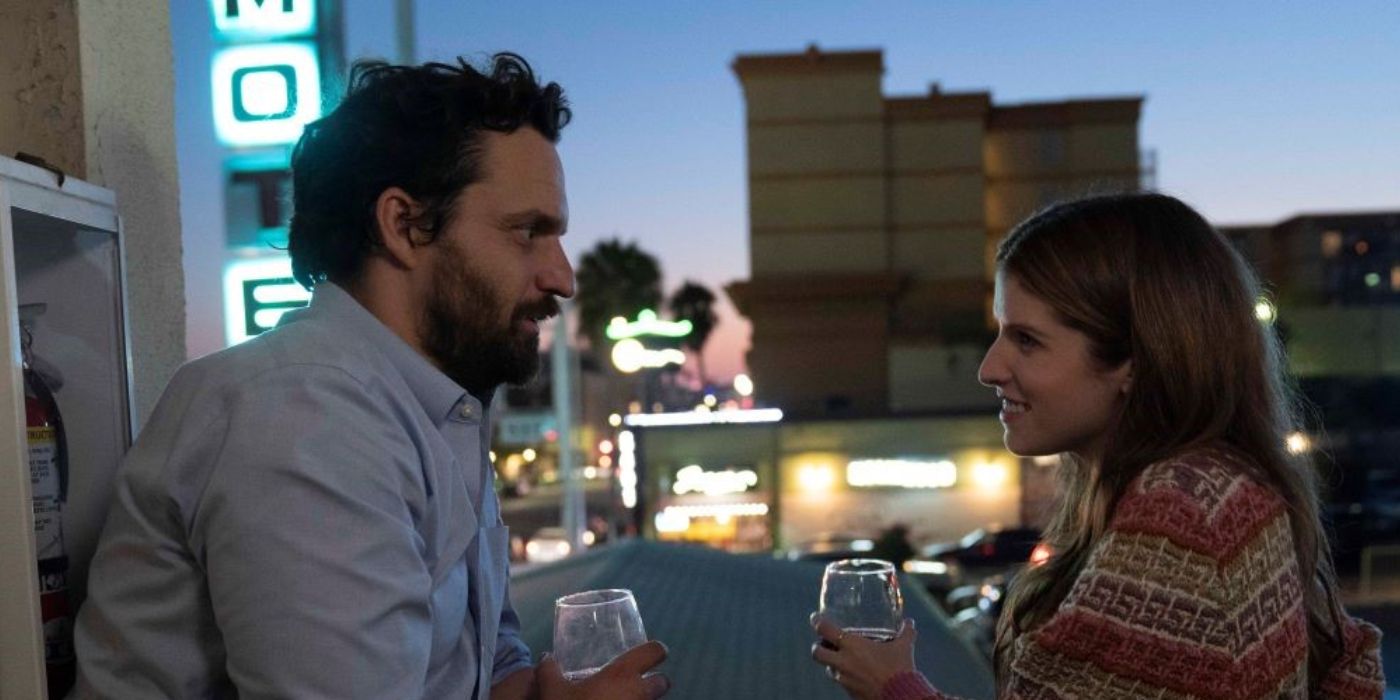The relationship Adam has with Harry relates to this. Harry’s of a younger generation, but navigating that age gap helps Adam reconcile himself with the younger man he might have been, under different circumstances. How did you approach writing that dynamic?
With care, basically. There’s so much going on between that relationship. There are almost ghostly elements that give it a strange magic, which is the truth of all relationships. There’s strange magic to why they exist, how they exist, how they develop over time. In the end, it was a long edit, as we were constantly trying to guide how emotions emerge. You’re drawn delicately through. It wasn’t easy. These things never are. But within the relationships, whether with the parents or with Harry, we realized love is about feeling comforted and understood. That’s what you want from a parent, in a relationship with a partner, and from your relationship with yourself.
One scene that comes to mind is when Adam tells Harry that his parents died, but that it’s okay because it was “a long time ago,” and Harry gently reminds him that “a long time ago” doesn’t really matter when you’re talking about the worst things that have happened to you.
The moments you realize your relationship is working with someone are when they get something so profound about you that you just want to keep hidden. They pull on that thread, they don’t judge it, and they’re soft and kind with that understanding. That’s the moment when you feel you can love this person, because they have compassion for you and you have compassion for them.
In “All of Us Strangers,” emotions are expressed through music. I’m thinking of “Always on My Mind,” by the Pet Shop Boys, as Adam decorates the Christmas tree with his parents, and “The Power of Love,” by Frankie Goes to Hollywood, which is of intimate importance to Adam and functions as code, between Adam and Harry, from their first encounter at his front door. It’s the perfect song, the one Adam needs to hear, and it’s what Harry alludes to in that moment.
Because that song is about protection and comfort. I bought that LP, [“Welcome to the Pleasuredome,”] in 1984. I was 12, not realizing my sexuality fully, and I’d play that song over and over, in my bedroom. I would sing it, endlessly. It did something to me when I was 12. As I was writing the script, I knew what the song had to be. The same went for the Pet Shop Boys and other bands that had been a part of my growth. Pop songs can say the things we can’t express. There’s a reason queer people have been dancing in nightclubs and discos for all eternity, together, listening to music. It gives them hope.
You can view the original article HERE.













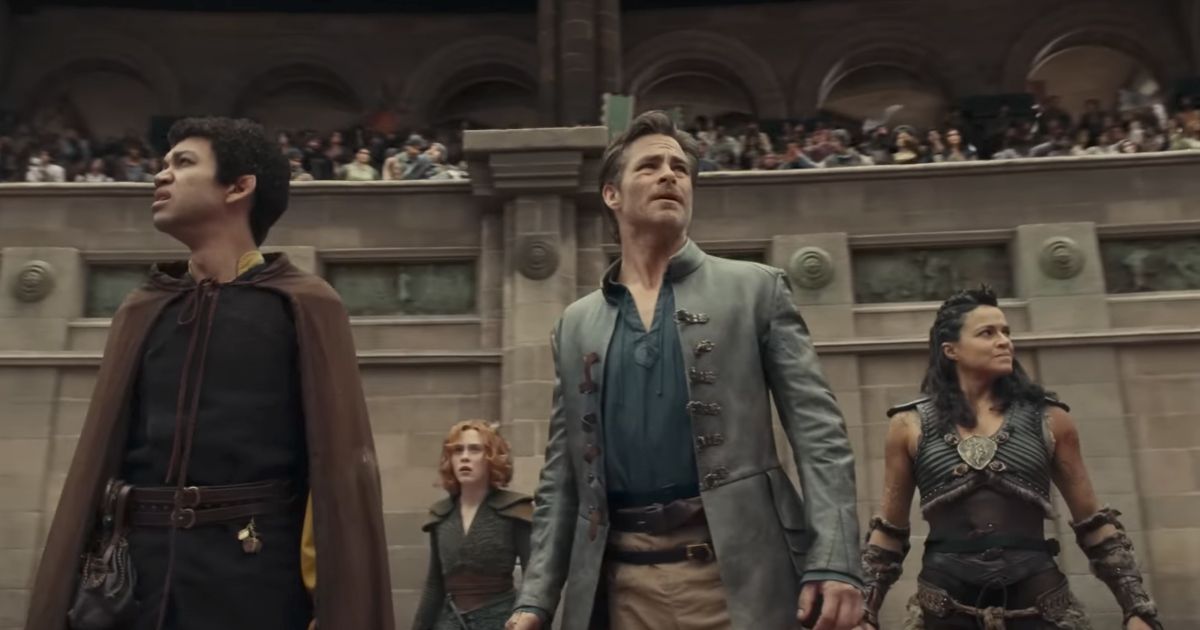
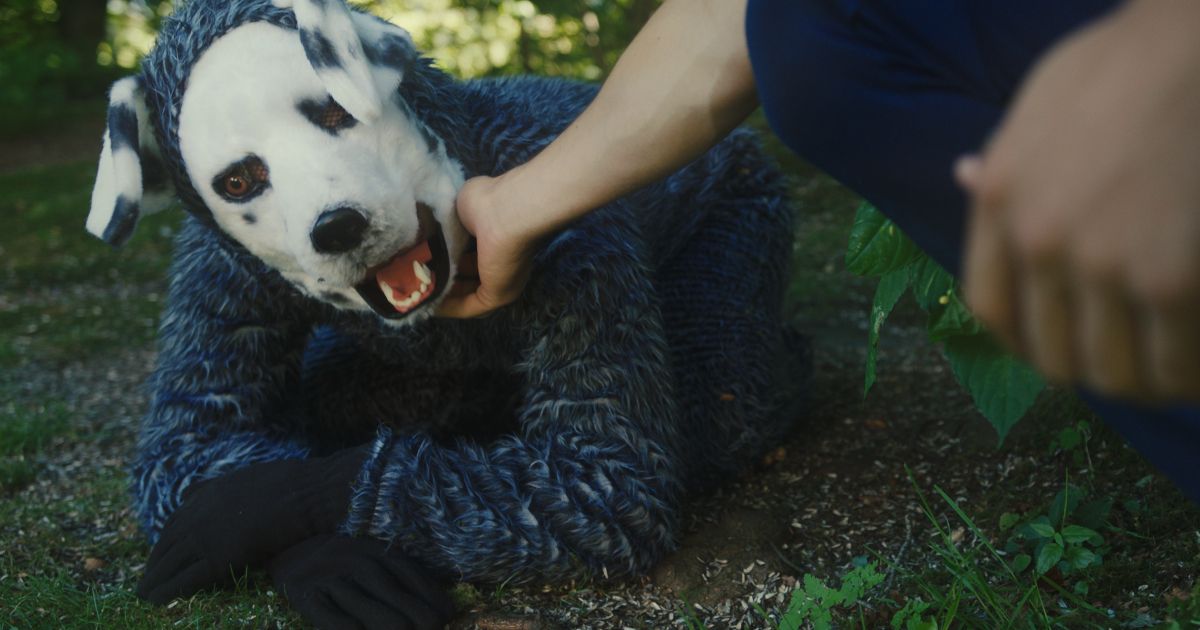
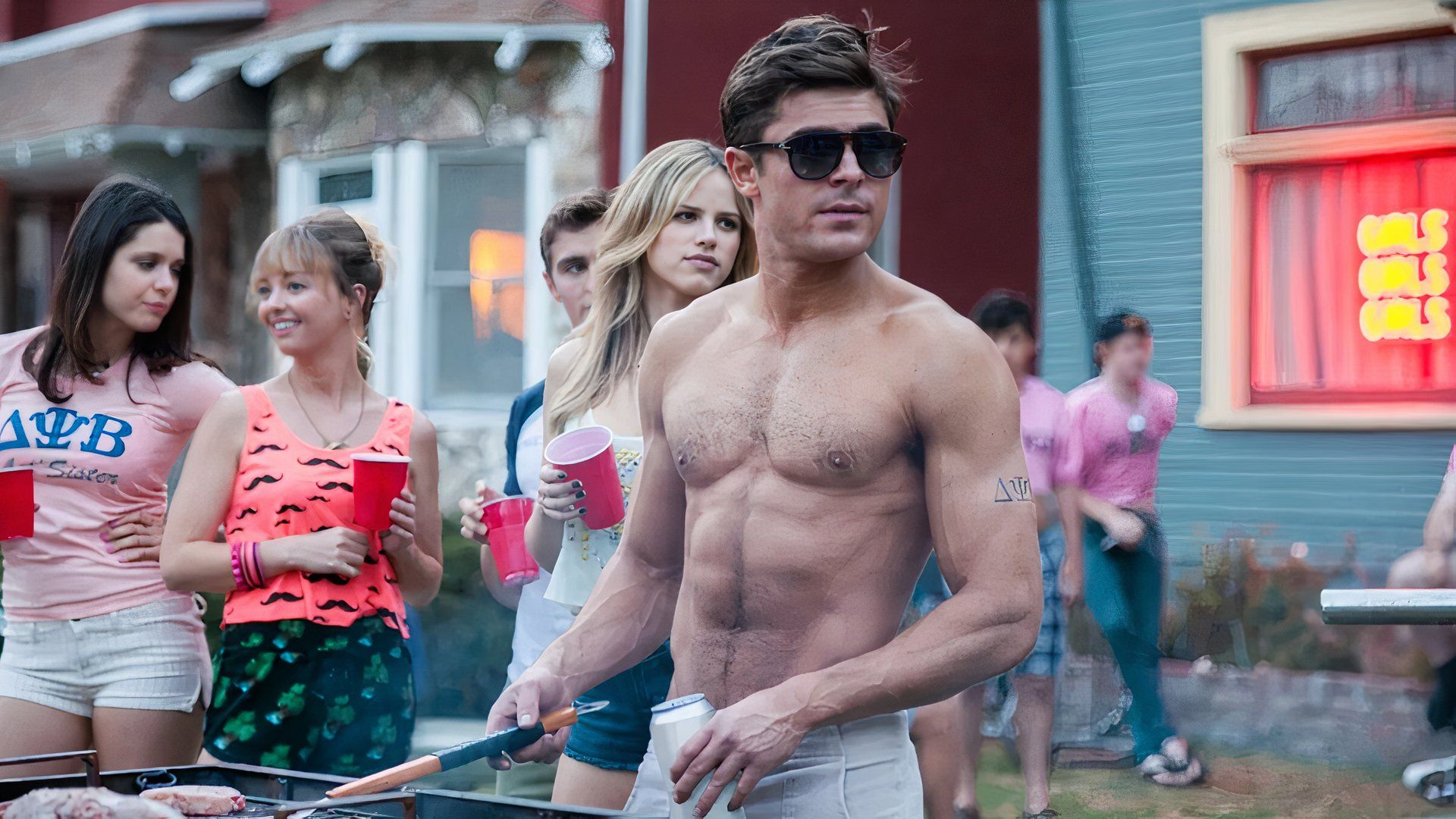
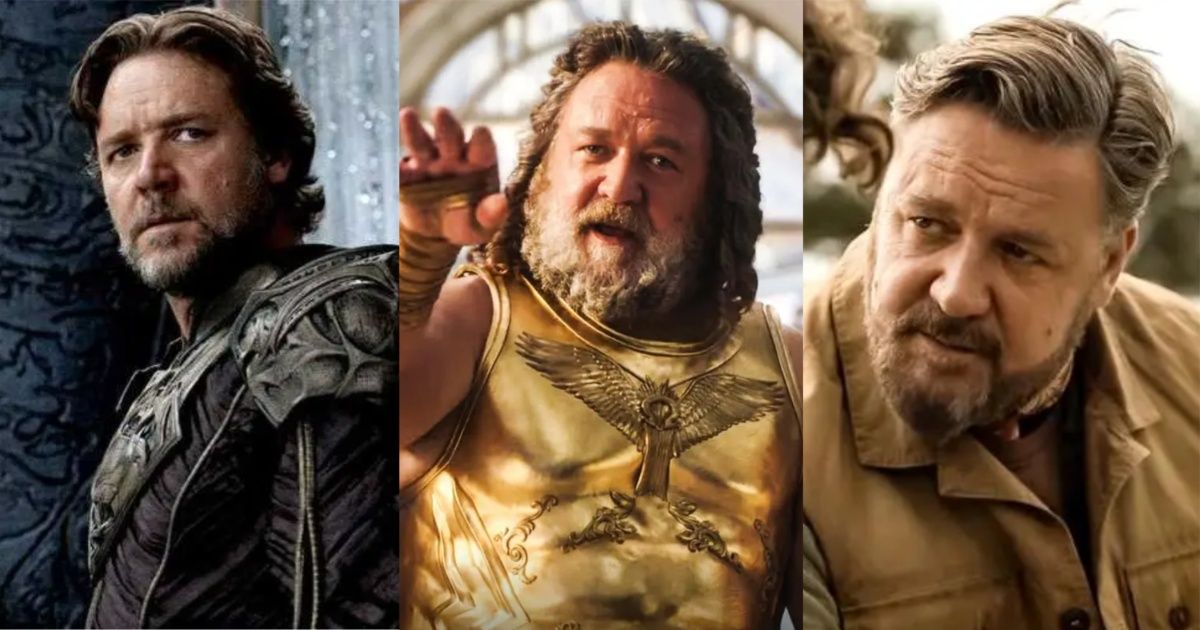
.jpg)
